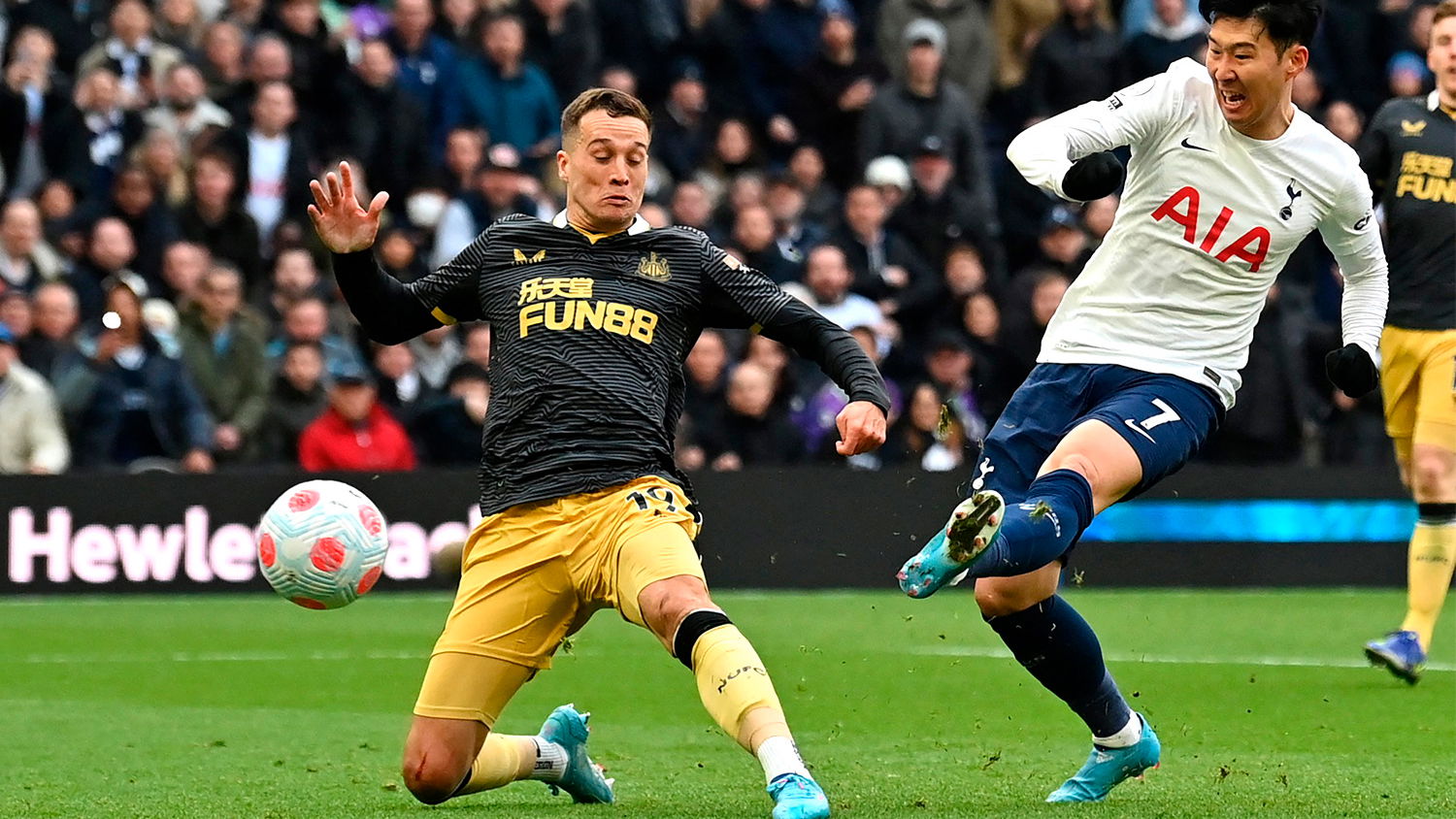Premier League clubs are facing criticism for continuing to secure sponsorship deals with gambling companies, despite an impending ban set to take effect in the 2026-27 season. Bournemouth’s recent announcement of a partnership with an Asian gambling firm bj88 has brought the total number of clubs with betting sponsors to 11, up from eight last season.
Bournemouth’s new “record-breaking” two-year deal with bj88 replaces its previous sponsor, Dafabet, and is reportedly worth almost double the previous agreement. This reflects the continued trend among top-flight clubs to sign lucrative deals with gambling companies, even as they have voluntarily agreed to restrict such sponsorships starting in 2026.
Aston Villa, Brentford, Crystal Palace, Everton, Fulham, Leicester, Nottingham Forest, Southampton, West Ham, and Wolves join Bournemouth in displaying gambling companies on their shirts for the upcoming season. Chelsea remains the only club without a front-of-shirt sponsor, following fan backlash against a potential deal with an online casino.
Crystal Palace and Wolves have also announced “record” deals with their new gambling sponsors. Palace’s new partner, Net88, and Wolves’ Vietnamese sponsor, DeBet, reflect the increasing presence of Asian gambling companies in the Premier League.
The decision by Premier League clubs to continue these sponsorships has drawn criticism from campaign groups such as The Big Step, which advocates for the removal of gambling advertising in football.
“Premier League clubs must know that gambling harms are a serious public health issue that destroys many lives in their communities and around the world, yet continue to blindly sign these desperate deals for a few extra quid,” a spokesperson for The Big Step said, as per The Guardian.
Comparisons have been made to countries like Spain, Italy, Belgium, and the Netherlands, where shirt sponsorships by betting companies are prohibited. The Big Step has called for the UK government to follow suit and end gambling advertising and sponsorship in football.
Luton Town, relegated to the Championship last season, is among the few clubs that refuse to partner with gambling sponsors, citing ethical concerns. Gary Sweet, Luton’s chief executive, estimated that their stance cost the club around £3 million ($3.88 million) last season. Luton, Tranmere, AFC Wimbledon, and Forest Green are notable supporters of The Big Step’s campaign.
Brighton owner Tony Bloom, despite making his fortune from sports betting, has previously endorsed the ban on gambling sponsorships, stating: “I don’t think having gambling sponsorship on shirts is good, but I understand the gambling companies pay best so it’s a difficult decision for clubs to turn them down.” Brighton’s long-term sponsor is American Express.
The Gambling Commission is set to release new data on gambling prevalence this Thursday. Previous data indicated that around 2.5% of the adult British population, or approximately 1.3 million people, might be experiencing problem gambling.
